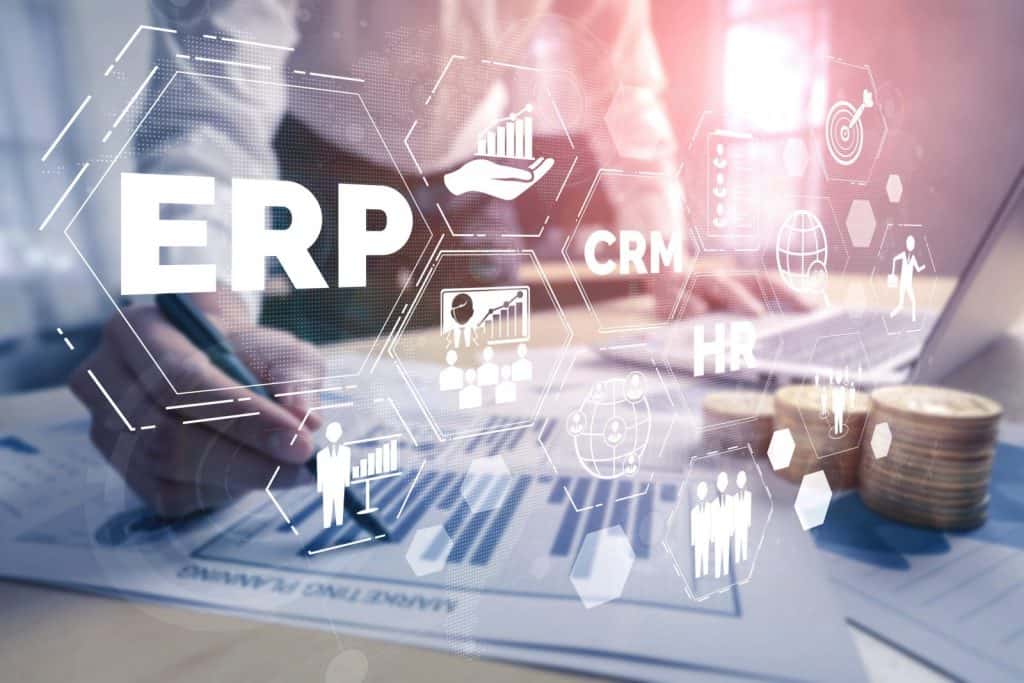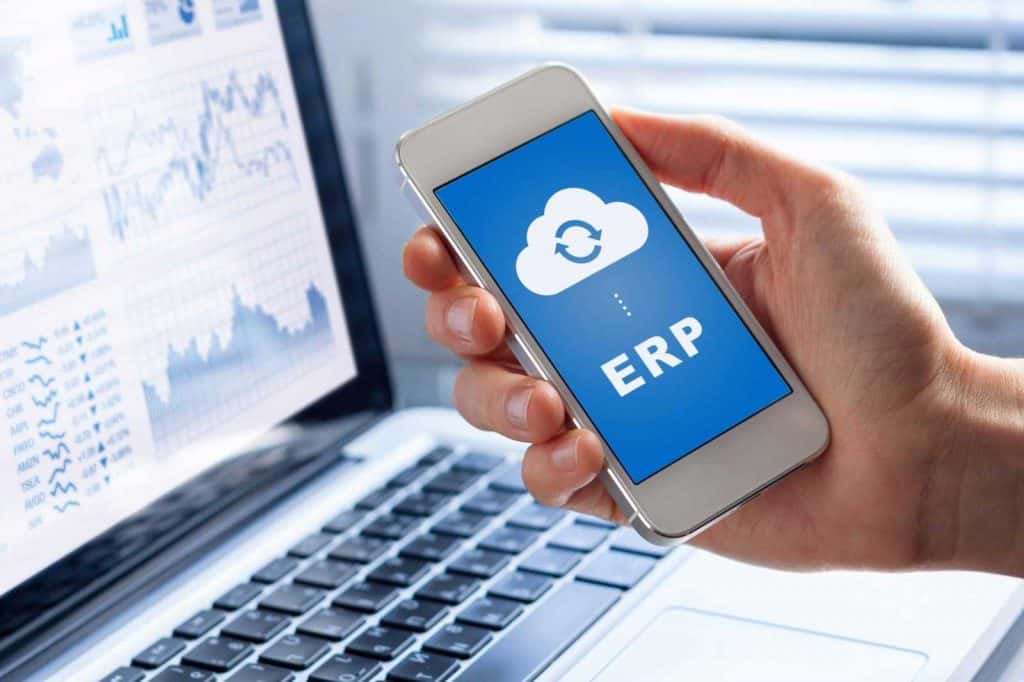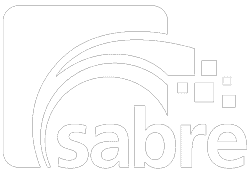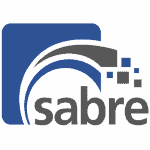Production Planning, Scheduling and Sequencing: What’s the difference?


At Sabre Limited, we get asked quite often about scheduling and production planning. The trouble is that customers use the term “scheduling” to refer to any of planning, scheduling or sequencing. We need to dig in a little to find out which of these three they really mean.
It’s sometimes difficult to understand the difference between these three terms. In this blog post, we will explore the differences between them and how they are used in manufacturing operations.
Planning can be thought of as the high-level process of figuring out what needs to be done and when. It includes what resources are needed and how best to use them. Scheduling is more granular. For example, you may schedule a truck to arrive at a certain dock during a time frame (such as a 2-hour window).
What is ERP Software? How to Choose the Right One? Full Explainer


ERP software (Enterprise resource planning) is designed to streamline workflows, improve communication between departments, and help you make better decisions based on real-time data.
Today, in the manufacturing industry, managing production data is essential for success. Fortunately, there are now many software solutions that can help businesses gain control over their operations.
These solutions can help manage and organize production data effectively.
An ERP system can help improve efficiency and quality control while also reducing costs. It does this by automating key processes and supplying a central repository for production data.
Top 7 Reasons to Avoid Cloud Manufacturing ERP Systems


Manufacturing processes can be significantly streamlined with the help of enterprise resource planning (ERP) software. Manufacturing businesses are increasingly turning to cloud solutions for their enterprise resource planning (ERP) software. While cloud manufacturing ERP may be a convenient option, there are several reasons why businesses would not want to use cloud based ERP software.
This article is on the top reasons why a company might choose to AVOID a cloud ERP system.
It may seem counterintuitive for Sabre Limited, a company which sells Microsoft Dynamics 365 Business Central (a cloud based ERP software), to explain you why not to use it. The truth is we often have clients who ask about the advantages and disadvantages of cloud ERP.
Cloud Based ERP for Manufacturing: Quick Overview


Since the start of the pandemic cloud ERP vendors have seen a surge in demand for their products and services in the United States and elsewhere. This is especially true for cloud ERP software like Microsoft Dynamics 365 Business Central.
Platforms for cloud based ERP for manufacturing, such as Business Central, can provide manufacturers with the flexibility and scalability they need to adapt to an ever-changing business landscape.
If you’re looking for a cloud based ERP for manufacturing, you may be wondering if Microsoft Dynamics is the right choice for you.

